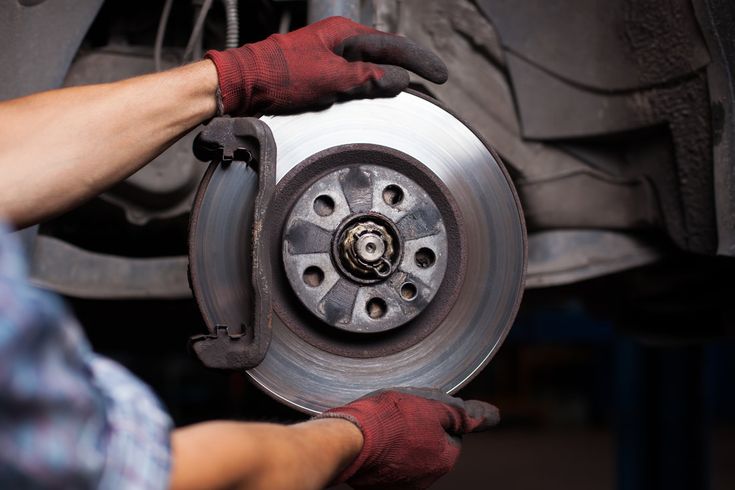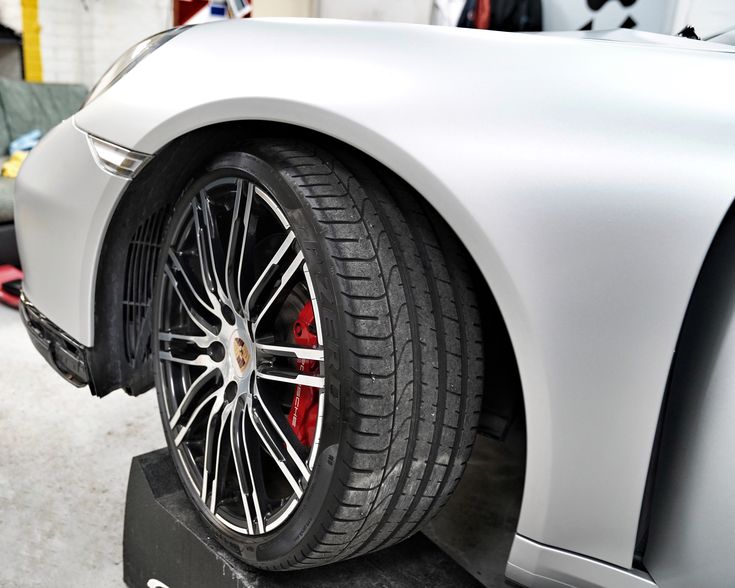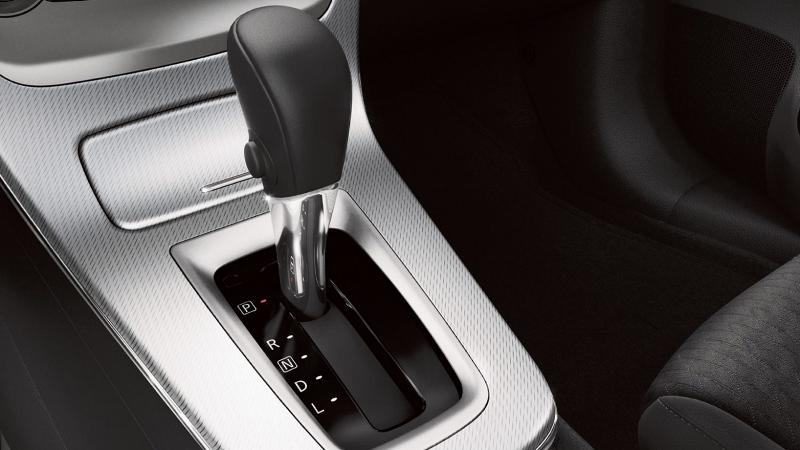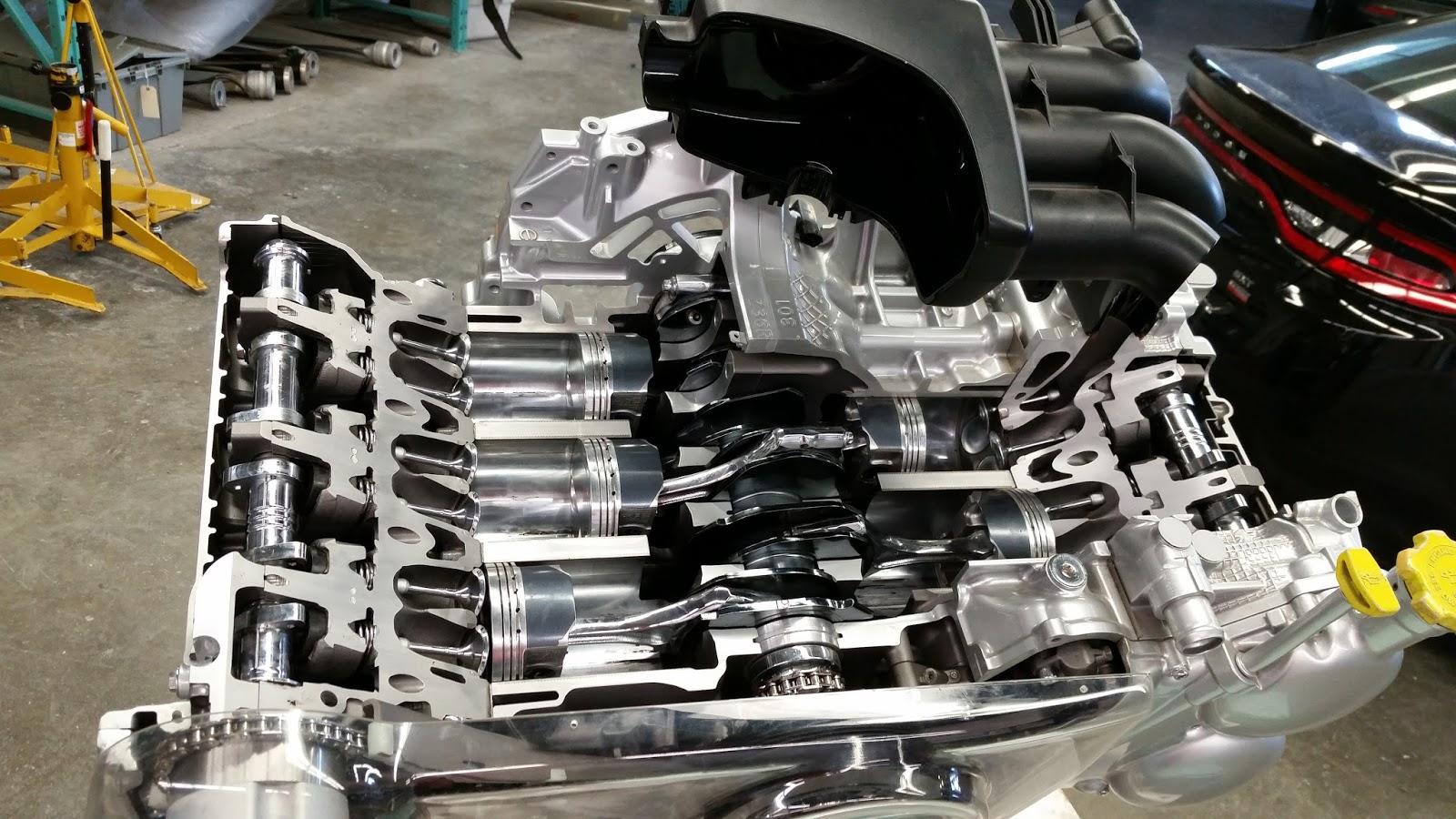Why Does Car Brakes Squeak In Reverse? [Reasons Explained]
The problem that we want to discuss in this article is that you suddenly started hearing a squealing brake sound only when reversing your car. You wonder what happened to the brake system. Many drivers thought maybe it was because the brake was already worn out. Yes, but that’s not the only reason there are still many causes of the squeaking sound for your brake system. Let’s find out with Car From Japan about why car brakes squeak in reverse!
Why Car Brakes Squeak In Reverse?
Car brakes are designed as a safety device when driving your car. However, no drivers want to hear an annoying sound each time they press the pedal to back out of their drive. Why do my brakes squeak when reversing? The reasons will be revealed right below:

The rear brakes are hitting the rotor
In fact, this is not a cause for concern for your car. This problem often occurs in cars with 4-wheel disc brakes due to the relative position of the caliper mounting and the wear indicator of the pads. When you hit the pedal and go forward, at that time there is enough tension on the spring steel indicator so it doesn’t have strange noise. But when reversing, you will hear the squeaky brake. In this case, it’s a feature of some car models, not an error or damage.
Damaged brake pad
The second reason is due to a missing or failed brake pad. These metal pieces are often overlooked when disassembling, or forgetting to install when changing brake pads, causing the brakes to squeak when the vehicle is in reverse. So you need to pay attention to installing brake pads when replacing brake pads or replacing them when damaged.
The squeaky sound is caused by the wear indicator bar.
If your car has a squealing noise from the brakes even when you go forward or backward, it may be due to the wear indicator bar located at the end of the brake pads. This rod can rub against the brake disc and cause annoying creaking sounds when the vehicle is moving. It is also a sign that you need to replace the brake pads.
Check the friction surfaces
The car squeaking when reversing can be caused by a piece of metal getting in between the brake pad and the brake disc, causing this squeak. Sometimes, it can be a large rock that is stuck between the brake rotor and the shield protective sheet which was creating an annoying sound. You can check and clean the surface of the brake pads and brake discs to fix the problem.
Noise due to lack of lubrication
In addition, noise can also be caused by the brake pads, the back of the brake pads has a metal plate, and they are in contact with the metal brake, so if not greased, it will cause noise. So, when removing the brake pads replace them. You need to put some grease on the back of the brake pads to limit the noise when braking. But do not apply too much because it can cause the brake pads to get dusty.
Faulty brake pad sensor
The brake pad sensor sometimes makes a noise to signal to the owner that it is time to replace this part, the creaking sound coming from this position may be due to metal friction when the brake pads are worn. causes the metal clipper to rub against the rotor making a squeaky sound. One of the consequences of a damaged brake pad sensor is that it is noisy and can damage the rotor, so as soon as you hear this sound you need to replace it immediately to protect the other parts and at the same time improve the working efficiency of the car brake.
Uneven brake disc wear.
This is also a reason why the car makes a noise when reversing or going forward. You can bring the brake disc back and forth to make better contact with the brake pads and not cause squeaking.
Other reasons
Sometimes the cause of this problem is not rooted in the brake system. Because when reversing, we often use the steering wheel lock completely when backing out of the driveway and into the road. In this case, the problem may be related to the steering system as we usually press the brake pedal to stop the car in a fully locked state before the car shifts into forward gear and starts to steer. Twisted belts and not running the power steering pump effectively are the cause of the squeak of the brakes when you reverse the car.
>> Related post: Squealing Brakes At Low Speed: Causes And Solutions
How To Stop Brakes From Squeaking When Reversing?

Depending on the cause of making the squeaky brake, the treatment will be different. To make it easier to check and diagnose the cause, you need to remove the car wheel.
Clean the brake system
If your car brakes squeal due to dirty brake pads, or the brake discs are dirty, just clean the brake system. Use the brake cleaner and wire brush to clean rotors, caliper, and caliper mount, avoid cleaning rubber parts so you won’t damage them. If the strange sound is due to worn brake pads, the brake pads need to be replaced. If the brakes are noisy due to loose studs, loose brake pads, etc., just tighten or replace the brake pads if they are worn.
Replace the brake with suitable material
One of the most effective ways to prevent the brakes from making squealing noises when reversing is to change the brakes with a more stable friction material. As you all know, the original brake pads are often appreciated in terms of performance and longevity of the material, but over time, they will have noises due to rust on the brake disc. If you are willing to spend, you can use brake pads made of high-quality metal or high-grade ceramic to reduce noise when braking.
However, many manufacturers recommend using high-quality ceramic brake pads. Because this material is capable of stable operation at high temperatures and recovers quite quickly, and this material creates dust. It’s tiny and doesn’t affect the brakes as metal brake pads do. So you can be assured that it won’t make an annoying sound. In addition, according to research by the world’s two largest brake pad manufacturers, Akebono and Raybestos, ceramic brake pads have good performance, brake discs are less worn when operating for a long time, and especially the ability to Impressive noise control.
Finally, you need to take your car to have the brake system serviced periodically to ensure absolute safety when traveling on the road, protecting you and other road users.
Note: Before putting the entire wheel back, you should have a good habit of putting some anti-seize on bolts, it will help you avoid problems when removing the lugs in the future.
Try installing the brake pads before applying any anti-seize. If it is too tight, use sandpaper or file the brake pad on the contact point.
>> Read more: 4 Common Causes Of Brake Pedal Vibration And Ways To Fix!
Wrapping Up
Whenever you hear a strange noise from your brake system whether you are moving forward or backward. It’s always a sign that tells you that the brake system needs to be inspected to prevent any further damage. Don’t put yourself in danger to go on driving your car with this symptom. In this blog post, we discussed the common reasons and also the solution to how to fix this problem. Hopefully, this information will be useful for you.














